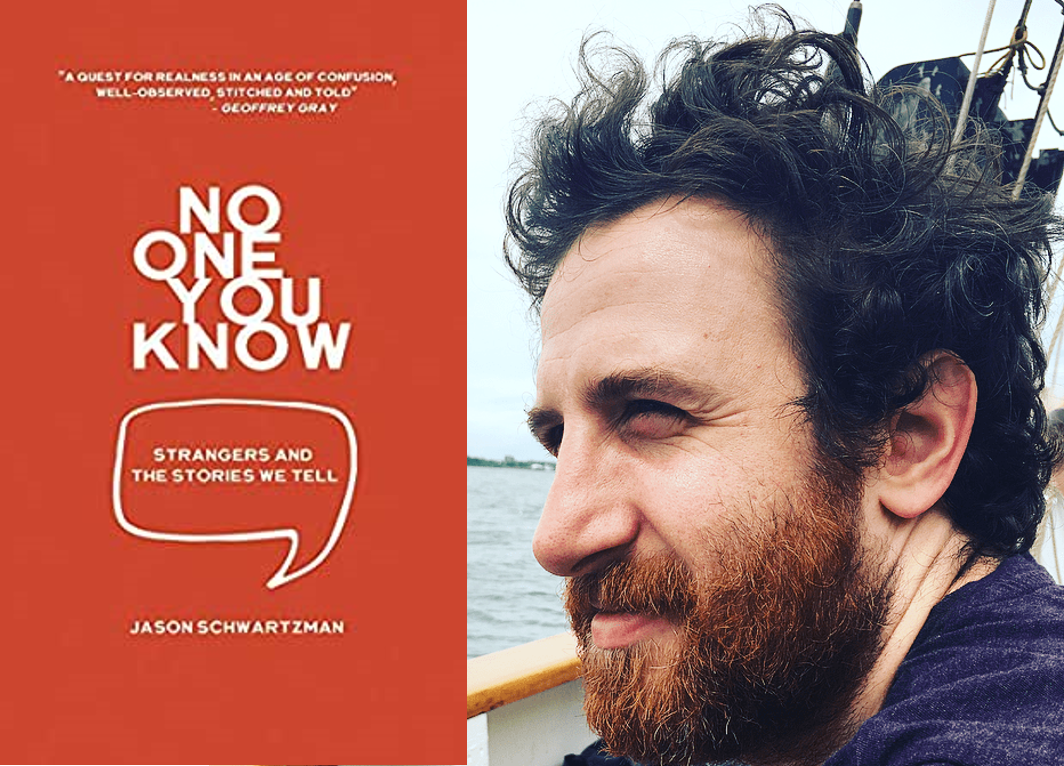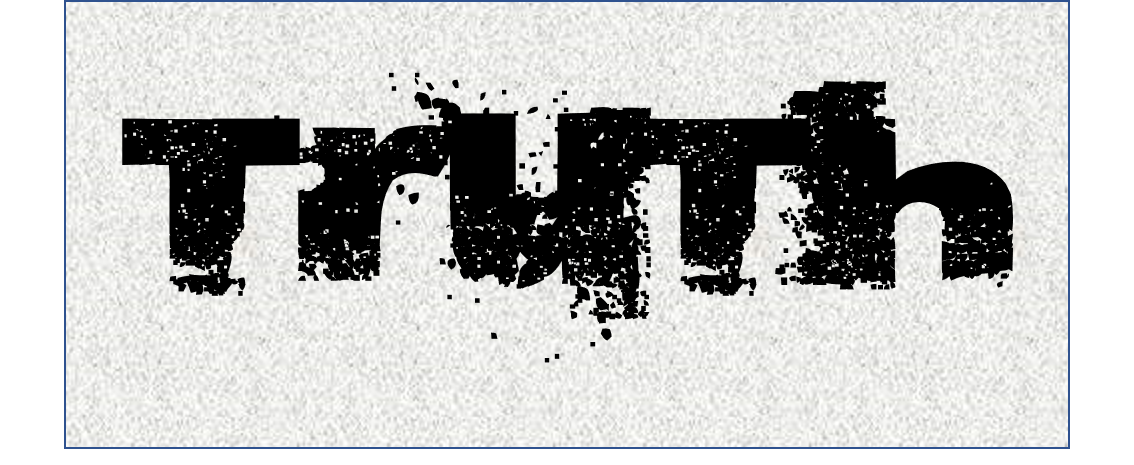
As clichés go, “The only constant is change” always stands out as a simple truth. As much as predictability can be familiar and comforting, last year taught us to expect surprises, uncertainty, and disruption.
But no one could have imagined COVID. The lockdown, masks, social distancing, restaurant closures, sports and entertainment on hold, and the end of travel as we knew it. 2020 was a constant assault on our senses, forcing us to adapt, pivot, and roll with the changes.
Now it looks more and more certain (and I’m treading lightly on this) that we are in a recovery phase. Last weekend, I attended a large wedding that was originally billed as a masked affair where I was convinced hand sanitizers would replace floral centerpieces. Dancing, hugging, hanging out with friends – not going to happen.
Until it did. The CDC’s lifting of the mask mandate has been a game changer. And this wedding felt a lot like a 2019 affair. I suspect many of you have already experienced your own “normal” moments. And as nice as it is to rekindle our social spirit, the COVID wind down has created some awkward moments as well.
Mike Stern is tuned into the changing landscape, and has some timely thoughts about our return trip to normal lives – especially simple conversations that were once effortless, but now may prove to be…well, challenging. And that applies to radio conversations, too, as Mike will explain. – FJ
It’s called “The Art of Conversation” for a reason.
The truly great conversationalists use a combination of intuition and experience to seamlessly engage with others, on and off the air. Thanks to more than 14 months of COVID – distanced encounters, mask-wearing, and Zoom calls, our conversational skills may be a bit rusty.
In a recent Saturday Night Live sketch, the cast and special guest, Elon Musk, explored the very all-too-real, highly relatable challenges we are all facing as we return to seeing people in person and having to… (gasp) hold an actual face-to-face conversation.
The characters in the sketch deal with all kinds of issues like not remembering the person you are talking to, extracting yourself from awkward interactions, and even the possibility of flirting with someone who turns out to be your cousin.
While most people aren’t likely to face that last issue, as the world opens back up, there are going to be challenges. I’ll admit that over the last couple weeks as my social calendar has started heading back toward pre-COVID levels, there is a certain amount of trepidation about returning to real conversations in real time with people who aren’t on Zoom.
I’ve also noticed there is a tendency to find yourself in the same conversation over and over: which vaccine you got, did you have side effects, masks or not, when will events be back, and how was your pandemic – an endless loop of repetitive verbiage. Finding or remembering ways to break the cycle of sameness and get to more interesting conversational territory is quickly becoming a necessity, whether you’re on the air or whether you’re just trying to re-immerse with those in your orbit.
That’s why I was intrigued when I came across an article called “How to have a Great Conversation with Anyone, Anywhere” by Jason Schwartzman (not the actor by the same name). He’s also the author of a book, No One You Know, detailing his “deepest, weirdest and most memorable encounters with strangers.”

Schwartzman calls it a chronicle of surprising conversations, but reflecting on his experiences, he noticed some common threads between his verbal encounters with others. And he offers up suggestions for reaching higher levels of deeply interesting conversation in every interaction we have.
Most of his advice applies to being a great radio host as well as a good conversationalist. Here are a few of Schwartzman’s suggestions that can hopefully help you have more engaging repartee with friends, family, co-workers, and most importantly listeners:
Subdue Your Chauffeur: Conversations are such a fundamental part of life that we all have a “chauffeur” or “autopilot” setting that can get us through a lot of situations by dredging up a favorite story or telling an old but reliable joke that’s always good for a laugh.
we all have a “chauffeur” or “autopilot” setting that can get us through a lot of situations by dredging up a favorite story or telling an old but reliable joke that’s always good for a laugh.
In your daily life, having a chauffeur to help navigate mundane, unimportant interactions is a necessary evil. But for an air personality who desires to be engaging on a consistent basis, it’s important to give your chauffeur the day off and take control.
That means leaving behind clichés, defaults, and crutches that keep so many hosts from being memorable. Find a new way to attack the same feature or promo so it stands out and grabs the listener’s attention.
Go Off-Script: Schwartzman wisely notes, “If you talk about the things you always talk about, you’re going to end up with conversations you’ve had before.” Treading over familiar territory is fine for catching up with old friends you haven’t seen in months. It’s not ideal for keeping listeners engaged and getting them to come back the next day. And the day after.
Treading over familiar territory is fine for catching up with old friends you haven’t seen in months. It’s not ideal for keeping listeners engaged and getting them to come back the next day. And the day after.
Schwartzman’s technique to fight the routine is called “going off-script.” That means skipping the boundaries of weather or sports, and instead, talk about that weird thought that’s been bouncing around in your brain or an observation you’ve had. Share the story of that awkward thing that happened to you: the squabble with your significant others, the project you failed at, or the crazy item you bought on a whim. Going off-script will make you more interesting, compelling, and ultimately relatable to the audience as a human being.
Offer Total Attention: Making eye contact and putting down your phone are two of Schwartzman’s suggestions for creating great conversations in person. When you are hosting a show, that means actually listening when you interact with the audience or you’re doing an interview. When a listener takes the time to call your show, pay careful attention to what they’re saying. Don’t just wait for your chance to make another joke or jam in your next prepared question.
suggestions for creating great conversations in person. When you are hosting a show, that means actually listening when you interact with the audience or you’re doing an interview. When a listener takes the time to call your show, pay careful attention to what they’re saying. Don’t just wait for your chance to make another joke or jam in your next prepared question.
Listen to what they’re saying with curiosity. Ask questions and dig deeper to find what makes them and their story unique and memorable.
And this advice has applications in the social space as well. Don’t just give a cursory “like” to every response to your Facebook post. Read what people write and engage them with comments and questions. There is so much great material for your show. All it takes to bring it out is your total attention.
 Be Honest: This is often the toughest thing for radio hosts (or any of us) to pull off. Schwartzman advises, “When you let yourself be a little vulnerable, often the other person will feel they have permission to as well.”
Be Honest: This is often the toughest thing for radio hosts (or any of us) to pull off. Schwartzman advises, “When you let yourself be a little vulnerable, often the other person will feel they have permission to as well.”
Most successful talent will tell you their most memorable on-air moments occurred at the times when they let their guard down; when they put aside their perfect on-air persona and voice, and let the audience see the real person in the studio. Those are the moments listeners still talk about years later in focus groups – those times when hosts were courageous enough to be honest and even vulnerable. I heard more of this during COVID because everyone experienced many of the same hardships, speed bumps, and disappointments.
After reading Schwartzman’s sage advice, thinking about my own conversations, and tuning into watching so many people trying to re-engage, I came up with a couple of additional pieces of advice.
Be In Their Shoes: You can see and hear it in the SNL bit. Someone makes an observation about what happened to them, and the comeback is to counter with a similar (or worse) experience that happened to you.
a similar (or worse) experience that happened to you.
Like 9/11 stories, everyone has their “Tales of COVID” – the lockdown, their jobs, the kids at home, missing sports, concerts, and dining out. Let them tell them. Ask them questions, including “How did that feel?” or “What did you learn from it?” The answers may surprise you, and will likely be more interesting that the Pfizer/Moderna yin-yang.
 Find The Joy: After this extended period where so many were disappointed and even dispirited, being a positive beacon is likely part of the reason people are listening in the first place. We know from Techsurvey that companionship, mood elevation, and even escape are the emotional takeaways many are looking for when they turn on you and your station.
Find The Joy: After this extended period where so many were disappointed and even dispirited, being a positive beacon is likely part of the reason people are listening in the first place. We know from Techsurvey that companionship, mood elevation, and even escape are the emotional takeaways many are looking for when they turn on you and your station.
That doesn’t mean everything goes through the rose-colored filter, but finding the stories that are funny, heart-warming, and even downright joyful is precisely what so many are hoping for when they engage with a radio station. There’s still no shortage of bad news on local and cable television. Counter that by helping your audience discover things to be thankful and happy about.
With audience listening levels returning to normal as more people resume their regular commutes and routines, now is the time to turn up the level of personality you bring to the studio every single day. Don’t settle for the same show you’ve been doing. Fire your chauffeur, burn the script, pay more attention, be honest and, most importantly, don’t flirt with your cousin.
I’m looking forward to talking to you.
We’re back on Tuesday, recharged, refreshed, and with a new blog post. Have a safe Memorial Weekend. And enjoy your conversations! – FJ
- Does Your Radio Station Need A Princess? - December 17, 2024
- With A Name Like Smucker’s… - December 10, 2024
- Kondo And Romo:The Pros And Cons Of Regression - February 10, 2023




So funny, Fred, because, as a kid, I confess, I was crushin’ on my own cuz. Hey, what can I say? Kid was cute. Never told her but that only speaks to your insightful advice about “letting your guard down.” Time and a place perhaps. Coming from a British household did not exactly assist in being the “forthcoming” sort. As I approach “The back 9” as our friend, Ken likes to call it, it becomes a bit easier to”tip my hand”a bit, particularly when podcasting for some reason. Perhaps I worry less knowing the numbers are smaller. At a time when we have to “curate” our Social Media profiles, you can’t blame the more cautious angels of our nature for mostly treading lightly. Perhaps, Post COVID we can divulge and share on a more personal level. Much of the other points you touched on harken back to one of my earliest favorite books, “The Quick and Easy Way to Effective Speaking.” Carnegie should be required reading for broadcasters. “Earning the right to talk; vitalizing your talk; and sharing the talk with the audience” remain as salient as ever. Thanks for contributing to “Sharing The Talk 2.0.” Your blogs are the perfect complement to my morning coffee.. in a chipped old swag mug with calls on it. I hold Paul W…. And he warms me. Too much, too soon?
BTW, I knew it was Mike’s blog. The coffee hadn’t kicked in. I’m lying. I saw that it was a guest blog, then forgot. Honesty 2.0. “Keepin’ It Real.” Nicely penned, Mike.
Thanks Ed. I wasn’t going to call you out on it but I appreciate the kind words. Keep letting that guard down and have a great weekend.
Mike- Excellent – Thanks…forwarded to the entire Coast Crew…
Thanks Tom. Half you found it valuable. Have a great holiday weekend.